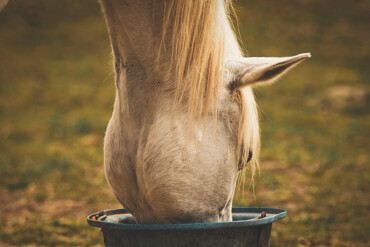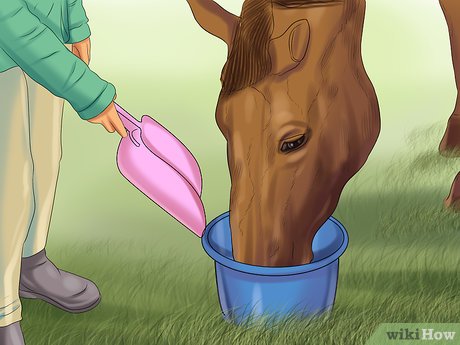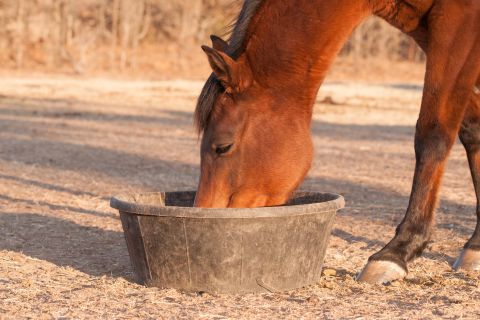Feeding Horses with Chronic Pain: A Comprehensive Guide

Caring for horses suffering from chronic pain requires a thoughtful approach to their diet. Proper nutrition can help manage pain, support healing, and improve overall well-being. This article explores effective feeding strategies, suitable feed types, and important considerations for horses with chronic pain.
Understanding Chronic Pain in Horses

Chronic pain in horses can result from conditions such as arthritis, laminitis, or injuries. It often leads to reduced mobility and changes in appetite, making nutritional management crucial.
Nutritional Goals for Horses with Chronic Pain
- Reduce inflammation: Incorporate anti-inflammatory nutrients.
- Maintain healthy weight: Avoid excess weight that stresses joints.
- Support joint health: Provide supplements that promote cartilage repair.
- Enhance digestion: Ensure feed is easy to digest to prevent discomfort.
Recommended Feed Types
| Feed Type | Benefits | Considerations |
|---|---|---|
| High-Quality Forage | Provides fiber, supports gut health | Must be free from dust and mold |
| Omega-3 Rich Oils | Anti-inflammatory properties | Use in moderation to avoid weight gain |
| Joint Supplements | Glucosamine, chondroitin for cartilage | Consult vet for appropriate dosage |
| Low-Sugar Feeds | Prevents laminitis flare-ups | Avoid feeds high in starch and sugar |
Feeding Strategies
- Small, frequent meals: Helps with digestion and reduces stress.
- Hydration: Ensure constant access to clean water.
- Monitor body condition: Adjust feed based on weight and pain levels.
Sample Daily Feeding Plan
| Time | Feed Type | Quantity | Notes |
|---|---|---|---|
| Morning | High-quality hay | 2-3 kg | Dust-free, fresh |
| Midday | Omega-3 supplement | As per vet advice | Mixed with feed |
| Afternoon | Low-sugar concentrate | 1-2 kg | Avoid excess starch |
| Evening | Joint supplement | As per vet advice | Administer with feed |
Frequently Asked Questions (FAQ)
Q1: Can diet alone manage chronic pain in horses?
A1: While diet plays a significant role, it should be part of a comprehensive pain management plan including veterinary care and appropriate exercise.
Q2: What are the best supplements for joint health?
A2: Common supplements include glucosamine, chondroitin, and omega-3 fatty acids, but always consult a vet before starting any new supplement.
Q3: How can I tell if my horse is in pain due to diet?
A3: Signs include changes in appetite, weight loss, or digestive issues. Regular monitoring and vet check-ups are essential.
Feeding horses with chronic pain requires careful selection of feed and supplements, attention to feeding routines, and ongoing monitoring to ensure the horse’s comfort and health. Proper nutrition supports not only physical health but also enhances quality of life for horses dealing with chronic pain.
